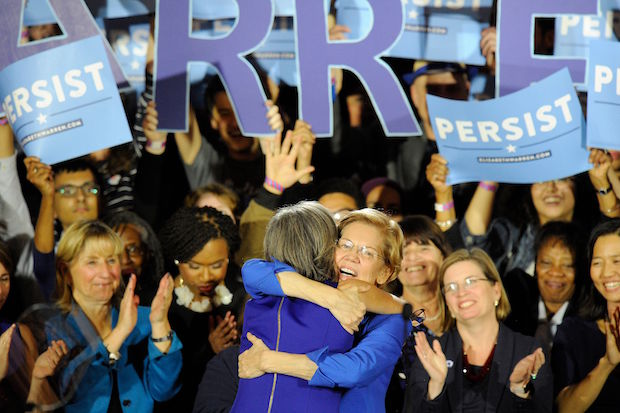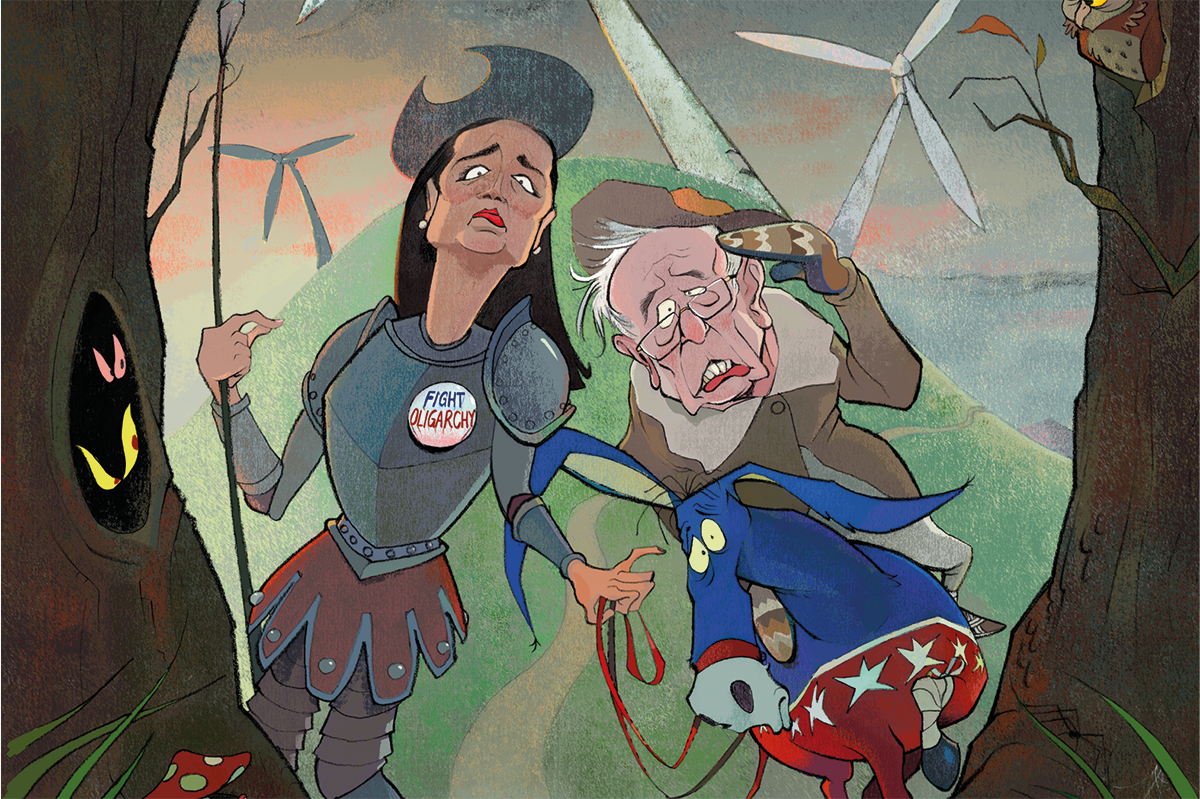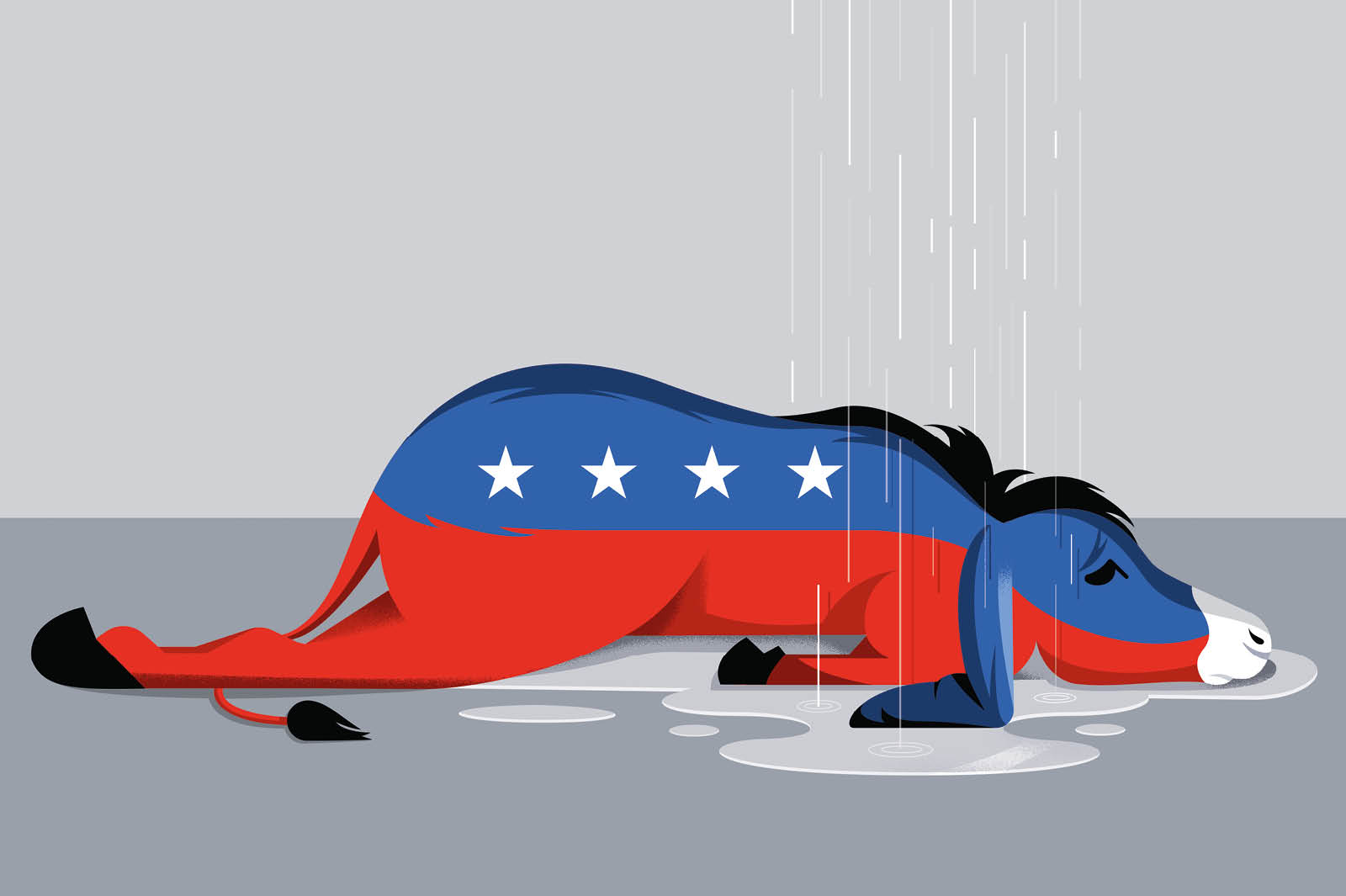The exact scale of Democratic victory in the US midterms remains unclear, but a shortage of numbers has not prevented many media outlets proclaiming a historic shift, a stern rebuke to Donald Trump, and above all, a key augury for the 2020 presidential contest. Some polls imagine Trump in 2020 losing to any number of a wide range of hypothetical Democrats. I will differ. I have now lived long enough to see so many elections that were portrayed at the time as historic, decisive and/or transformative, but most of these supposed watershed contests were nothing of the kind.
In several electoral cycles over the past half-century, we have supposedly seen the imminent extinction of Party X, or at least a near-death experience. Reputedly, in such years, that party is now utterly finished, unless it radically reconsiders its most basic assumptions. This party is no more: it has ceased to be, or at the least, it faces decades in the wilderness. We can agree that nothing can ever be the same again. And so on.
In 1974, the post-Watergate Republicans were toxic beyond measure, and everyone knew they were finished utterly. In one memorable interview at the time, a Teamster leader complained that his union was always being linked to the Mafia, and that was OK, but any suggestions that the Teamsters had Republican ties were just hitting below the belt. Hoping to escape the Republican shipwreck, conservatives floated the idea of a new and untainted third party. But then in 1976, Gerald Ford performed reasonably well against Jimmy Carter, and in 1980, Reagan won the first of a series of triumphs for himself and his party. Reagan’s victory in 1984 remains one of the greatest electoral wipe-outs in US history.
Democrats were equally doomed forever in 1984 and 1988, until in 1992, they weren’t. Following Obama’s first election, a European friend was wondering how the US would be able to cope without a second party to provide an opposition. The Republicans had so obviously been crushed totally, so that they ceased to matter. Well no, I said. Come back in 2010, and I will run for Congress in the liberal bastion of Berkeley, as a Republican, and I’ll win. Well, not Berkeley perhaps, but 2010 really did witness an epic near-sweep by Republicans.
The US system is extraordinarily generous at giving losers a second chance, and in a remarkably short time. And a third chance, and a fourth. A party finished forever? In electoral politics, ‘forever’ tends to run about two years. Forever changes.
That point about exaggerating temporary and transient outcomes applies with special force to midterms, like the one just past. In reality, midterm elections follow a reliable and predictable pattern, which offers virtually no guidance for presidential contests.
The 2018 contests followed an absolutely standard pattern in which all incoming presidents face horrendous losses in their first midterms. This is what happened to Reagan in 1982, Clinton in 1994, and Obama in 2010, yet all recovered, and won re-election solidly two years later. And that was true despite the fact that 1994 and 2010 constituted a real shellacking for the respective administrations, on a much larger scale than 2018.
The exceptions to this rule are notable. In 2002, a wave of post-9/11 patriotic enthusiasm prevented George W. Bush suffering otherwise inevitable midterm disasters. But it took something on the scale of 9/11 to break the mould.
History also suggests that after a midterm drubbing, the media will agree definitively that the incumbent president is on the ropes, and is inevitably a no-hope one-termer who faces assured defeat in two years time. That consensus remains until he fights that election, and wins it handsomely. This was what happened with Reagan in 1982 and Clinton in 1994. Even if George W. Bush escaped a midterm defeat, there was by 2003 a pretty solid consensus that he was a one termer, which he remained until he won his second term in 2004.
Incumbent presidents who want to be re-elected can generally do so, unless a sharp recession intervenes.
Assume for the sake of argument that charismatic Democrat Mary Doe wins the Presidency in 2020, amid national ecstasy about her and her cause (while the Republicans are, again, finished forever). Barring black swan events like wars or national catastrophes, we can guarantee that the 2022 midterms would mark a Republican triumph, leaving Doe to be dismissed as a one-termer lame duck, until she probably wins re-election in 2024. And exactly the same comments apply if the party labels are reversed.
Midterms in a second presidential term are a bit less predictable, but they follow a somewhat similar pattern. Although 2014 produced another massacre for the Democrats, that did not prevent them from coming very close to winning the presidency in 2016, when they did of course win the popular vote.
1998 offers an instructive case study here. By all rights, Republicans should have won another victory on the lines of 1994, but in fact they suffered surprising defeats. The problem was that in Congress, conservatives were so obsessed with ideological purity that many ordinary voters viewed them as single-minded fanatics and extremist zealots. Demonstrating this point was their obsession with taking down President Clinton at any cost, and wasting their efforts on a futile endeavor to impeach him. Might there be any lessons in that experience for the new Democratic majority in the US House?
Nothing I say here about electoral cycles is terribly new or startling, and most journalists know it all very well. So why do they go into such a fervor every couple of years about these supposedly transformative elections, which they know are no such thing? Could they at least stop pretending to be surprised by the bleeding obvious?

























